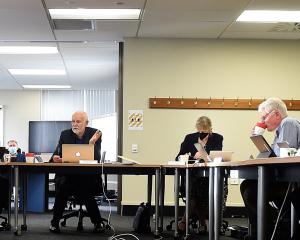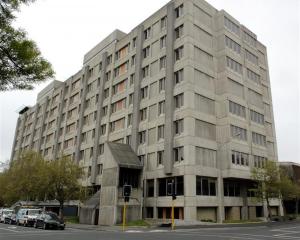Telecom and its troubled XT network has been put on notice by the Otago and Southland district health boards.
Regional chief information officer Grant Taylor said he wanted an assurance from Telecom it could provide a consistent service, without "disruption", until September.
The boards would give the beleaguered telecommunications giant several weeks to provide the service guarantee.
"If [Telecom] cannot [provide a guarantee] I will give a recommendation to the board that we look for a new provider and discontinue our contract."
The boards joined the XT network as soon as it became available in May last year, and 400 of its 2000 mobile users were on the network. Some staff had switched back to the older CDMA network in recent weeks, but Mr Taylor could not say how many.
XT's performance had not impressed.
As well as the well-publicised four outages, the network seemed slow in Otago, and easily overloaded.
No safety issues had arisen from the network's poor performance, however.
"However, the issue isn't around what has happened, but the potential it creates.
"There are numerous safety issues to consider, particularly for our community-based staff, such as mental health workers and district nurses."
Communicating with Telecom over the problems could have been better, too.
"They have been talking with us and have provided us with CDMA phones. However, that communication has been reactive rather than proactive - they only get in touch once a problem has occurred."
Telecom Gen-i chief executive Chris Quin expected he would be able to give an assurance within weeks that XT was as "robust and reliable" as any other mobile network.
However, the notion of giving an assurance of no service disruptions was "naive" and was not industry practice.
It would be unrealistic to expect a mobile network to never experience a fault, which might be caused by an "act of God", and he did not believe there would be a way to measure it.
He disagreed there was a particular issue with service in Otago.
However, Mr Quin said the company acknowledged "wider performance issues" with the network, independent of its outages. These were being dealt with.
He also disagreed that Telecom had not been on the front foot in its dealings with the boards.
It was proactive in offering the boards CDMA phones for key staff members, and also in offering to halt the rollout of XT to the rest of the boards' phones.
He believed only a few key staff at Otago and Southland DHBs had opted to go back to the CDMA network.
The company was working "day and night" to sort out the network's woes.











